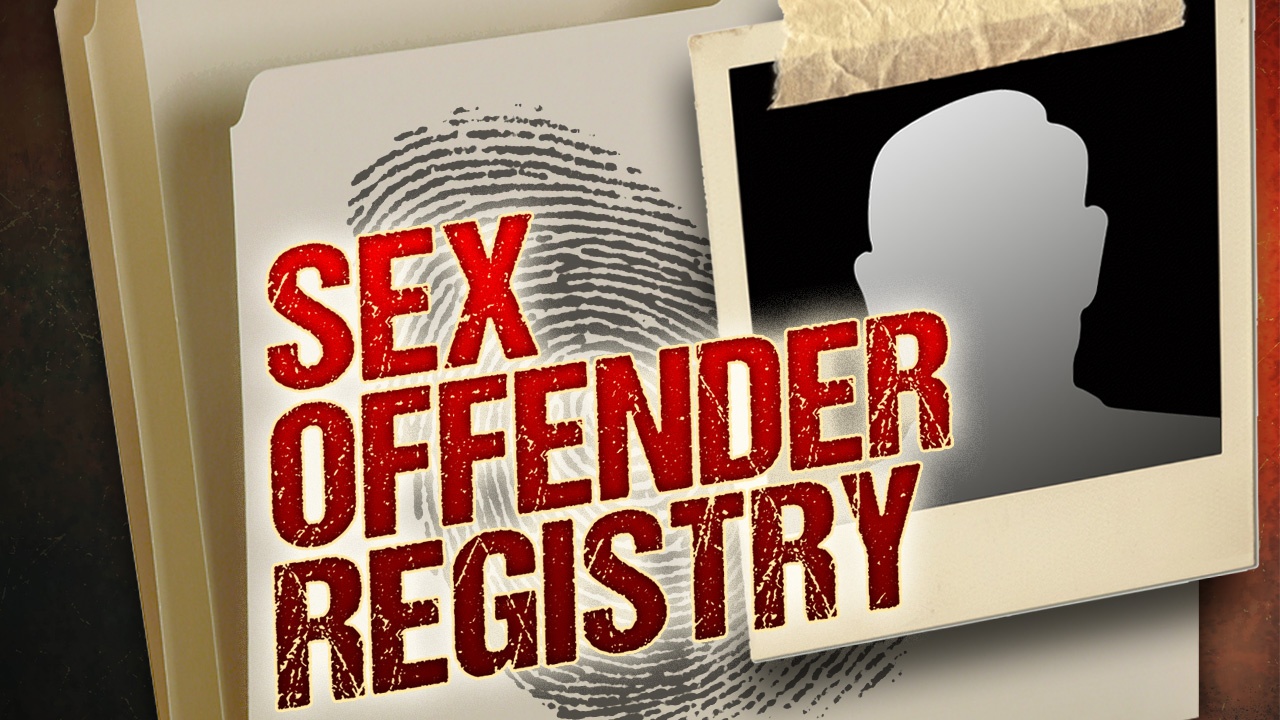“Arraignment” Explained in Orange County Criminal Court
Posted on March 10, 2017
When someone has been arrested or cited for a public offense, then the first court appearance will be their arraignment. The arraignment is where a defendant formally informed of the charges against them and they receive a copy of the initial case discovery. The discovery includes a formal criminal background, statements from witnesses, and police report(s). You will be expected to enter a plea to the charges alleged against you. Typically, the District Attorney is the agency who files formal charges, but other municipalities have their own city prosecutors.
Arraignments are applied to all criminal cases involving the judicial process, including felonies, misdemeanors, and even traffic infractions. In misdemeanor or infractions cases, a defendant has a constitutional right to have a trial within a certain time period or the case shall be dismissed. In infraction cases, the accused shall enjoy the right to a trial within 45 days. There are no jury trials in infraction offenses and the punishment is by fine only.
If a defendant is in custody at the time of their arraignment for a misdemeanor charge, they have a constitutional right to a jury trial within 30 days of their arraignment. If the defendant is out of custody, then the time period of 45 days.
In all felony cases, a defendant has the right to a preliminary hearing within 10 court days and/or 60 calendar days from the date of their arraignment. If the arraignment is after the filing of an information, then the accused has a right to a jury trial within 60 days whether in or out of custody.
The arraignment is also when the Sixth Amendment attaches and an accused will be appointed an attorney in the event they cannot afford one. Sometimes the court will allow a continuance of the arraignment for the purposes of securing private counsel or because the defendant intends to file a motion that is only be litigated at the arraignment.
Most defendant’s question whether they should be represented by an attorney or perhaps represent themselves. It’s always in a defendant’s best interest to secure counsel whether it be private or the public defender.
For more information, contact an Orange County Criminal Defense Lawyer at the Law Offices of John D. Rogers to schedule a free consultation.



